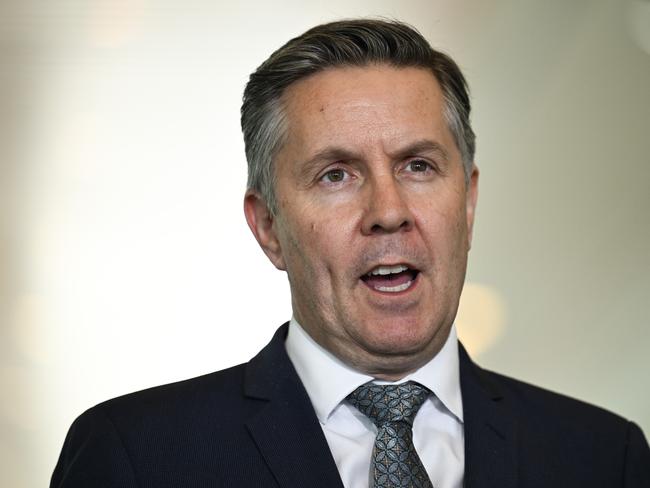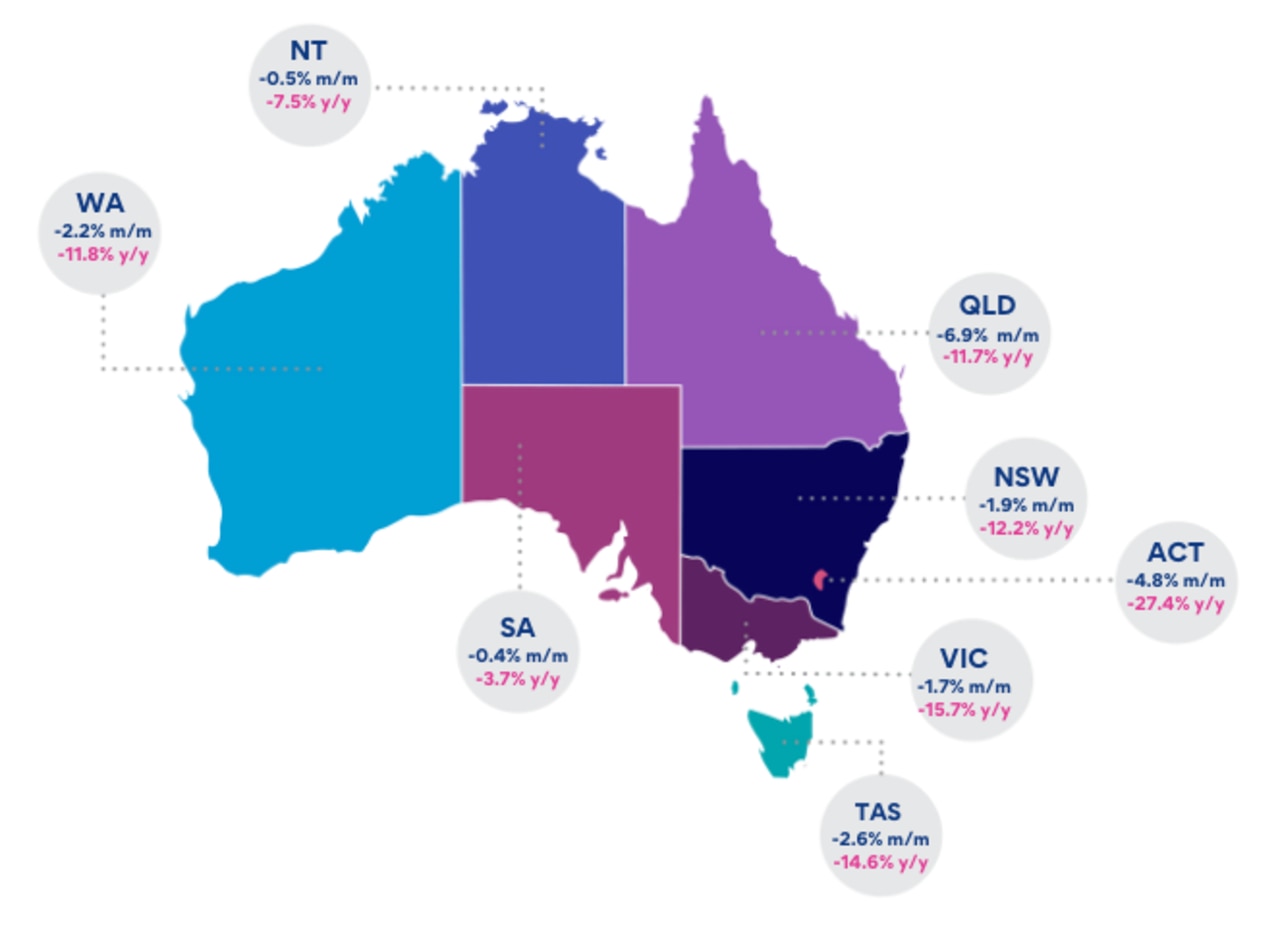Australian Private Hospitals Association slams data demand ‘insult’
The federal government’s new round of consultation on private hospital funding is an ‘insult’ to the struggling sector, the Australian Private Hospitals Association says.

The federal government’s new round of consultation on private hospital funding is an “insult” to the struggling sector, the Australian Private Hospitals Association says, and it will not recommend that its members comply with “onerous” new demands for sensitive commercial data.
The private hospital sector is facing a sustainability crisis in some areas, with operators arguing that health insurers are banking billions in profits while failing to pay them adequately for procedures and hospital stays.
The issue was thrown into sharp relief by the stoush between insurer Bupa and Healthscope, with the latter announcing in November it would break contracts with Bupa and the 26 members of the Australian Health Service Alliance over their refusal to increase payments for hospital stays.
Bupa and Healthscope settled that fight just last week, agreeing in principle to a two-year contract, but the issue remains unresolved with respect to the AHSA insurers, which cover more than two million Australians.
The government last year asked for commercial data from the private hospital sector as part of a “financial health check”, with the findings released in November.
As a result, a Private Health CEO Forum was established to facilitate an ongoing dialogue between the industry and government, but the APHA argues that effectively nothing has been done to protect the financial viability of its members.

And despite the health check finding that margins in the industry had almost halved in five years due to factors such as cost inflation, Health Minister Mark Butler told health insurers and hospitals they would have to deal with the sustainability issue themselves.
“There will be no silver bullet from Canberra or funding solution from taxpayers to deal with what are essentially private pressures in this system,’’ Mr Butler said when he released the health check in November.
The Private Hospital Sector Financial Health Check showed private hospitals’ expenditure increased 4.1 per cent between 2018-19 and 2021-22, but revenue went up only 2.9 per cent on average across the sector, while the APHA said earnings were well below the level needed to reinvest in hospital services.
The government is now planning to put in place a private hospital data collection framework, based on the financial health check, “to enable the Department to better understand the ongoing viability and financial pressures in the private hospital sector’’.
A separate process of consultation on a series of short-term options for improvements in the sector also closed on January 31.
APHA chief executive Brett Heffernan has written to the minister, saying he was “dismayed” by the request for ongoing data collection.
“That the Department is seeking to collect proprietary information from private hospitals as a matter of course, given the absence of any action coming from the provision of this sensitive data as part of the private hospital viability health check, is highly inappropriate,’’ Mr Heffernan says.
“In early 2024, APHA members provided the government with unprecedented access to sensitive commercial information as part of a specific inquiry on private hospital viability.
“There was an expectation that this data and information would support the basis for critically needed reforms and workable short-term solutions from government. No action or even worthwhile measures to address the $3bn shortfall in funding to private hospitals have been forthcoming.’’

Mr Heffernan was also scathing of the reform options being considered under the separate consultation process which ended on January 31 – the Private Health Reforms Options consultation paper.
Changes flagged for consideration under that process included short-term options such as improving patient access to Hospital in the Home programs, improving access to mental health care by increasing the supply of internationally educated psychiatrists able to admit patients to private mental health hospitals, and including maternity cover as a standard inclusion across a greater number of policies.
Mr Heffernan said the government had done nothing “and seemingly intends to do nothing, to address the immediate issues impacting the sector, its patients and employees’’.
He also said that going by the issues flagged for discussion at the CEO forum, there was nothing substantive being considered for implementation before the next federal election.
“The proposed short-term options for discussion at the CEO Forum are, at best, piecemeal measures,’’ he said.
“Even collectively they will not prevent further hospital closures or curtail more services from being shut down in communities across the country.
“Further, there is nothing ‘short-term’ in delaying any decision-making for another six months, let alone after two years of inaction.
“None of the measures flagged for discussion address the core issue affecting private hospital viability. That being the failure of private health insurers to pay hospitals in full for the treatments and services they provide to insured patients.’’
Mr Heffernan said the APHA had been raising issues about the viability or private hospitals with the government for two years, and it was “an insult” that nothing substantive had yet been done.
The APHA had submitted its own options paper to government for consideration, which “detailed the facts, figures and evidence base supporting the case for action now’’.
“It included several short and medium-term options that could be immediately adopted and implemented.
“The proposed discussion points in the departmental consultation paper do not reflect any consideration of the data or recommendations provided to the government.’’
Consultation on the proposed new data collection framework closes on February 14.
The minister’s office was contacted for comment.





To join the conversation, please log in. Don't have an account? Register
Join the conversation, you are commenting as Logout